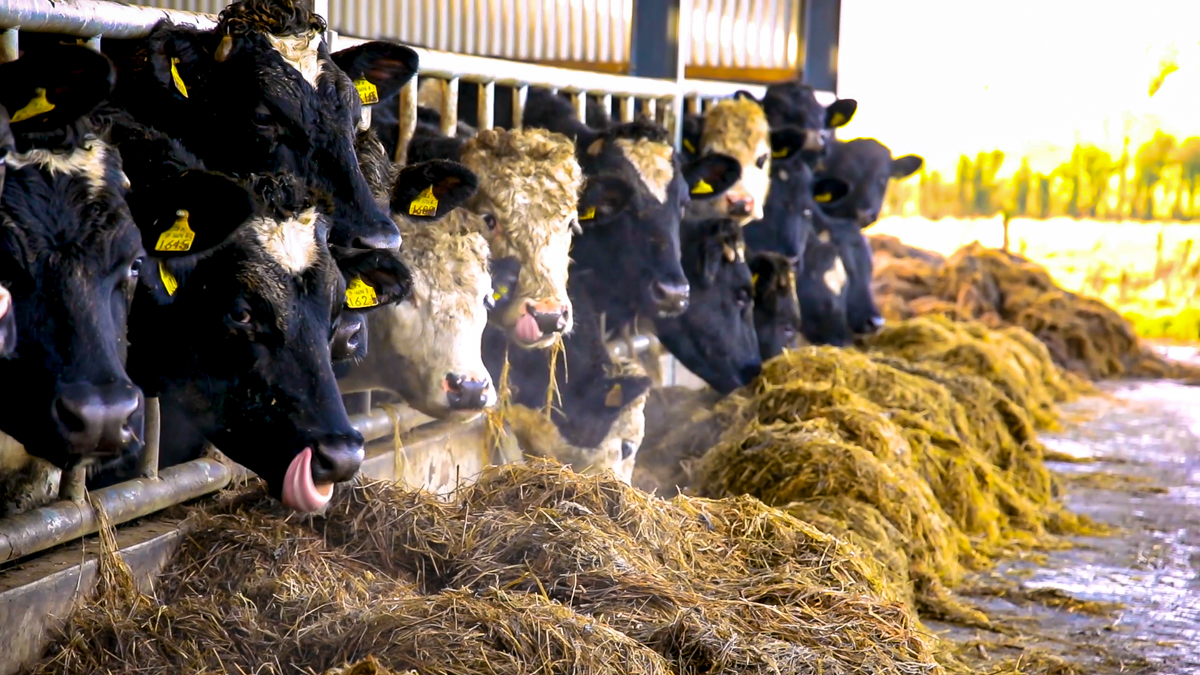New figures from Animal Health and Welfare NI (AHWNI) have shown that the number of Bovine Viral Diarrhoea Positive (BVDP) cattle alive in Northern Ireland is at its lowest level since the beginning of the BVD Eradication programme in 2016.
The figures show that while there have been approximately 1,400 positive BVDPs disclosed during the last 12 months, this month there were BVDPs in 45 herds and, of these, 17 were being retained for more than four weeks in 15 of the herds.
Prompt identification and removal of cattle that are persistently infected with BVD are the keys to BVD control, AHWNI said.
“Effective ‘distancing’ of known BVD Positive cattle as soon as possible after the receipt of positive results, until they either receive a BVD negative result on a retest or are culled, is necessary in order to reduce the risk of spread of the virus,” it said.
“Of particular concern on breakdown premises is the potential of transmission of the BVD virus to in-calf stock.
“Isolation can reduce the likelihood of the virus circulating in the herd and thus shorten the length of time for which it is present on the farm.”
BVD prevention
AHWNI has urged farmers to isolate infected cattle within housing with no direct or indirect contact with other susceptible animals.
Isolation premises, it said, should have a separate airspace and separate drainage from other farm buildings and there should not be any sharing of equipment (including handling facilities) or utensils with other groups of stock.
ANWNI said the BVD Implementation Group continues to encourage and support the measures being taken by industry to accelerate the culling of persistently infected cattle – namely prompt communications to affected farmers.
The group also provides opportunities for discussion and investigation of outbreaks, the voluntary abattoir ban and the retention of a positive constituting a non-conformance in the Farm Quality Assurance Scheme.
ANWHI said that industry is awaiting the outcome of the Department of Agriculture, Environment and Rural Affairs’ (DAERA) herd restrictions consultation “with interest”.
“In the absence of herd restrictions, the prevalence of disease has not decreased in the way that either the programme or NI cattle farmers had hoped for,” it said.
“Due to the EU Animal Health Law, there is a growing need for basic information on herd level BVD statuses to be introduced in NI as an enhancement to the programme and industry continues to make representations to DAERA regarding essential developments that are necessary for achieving the eradication of BVD.”
